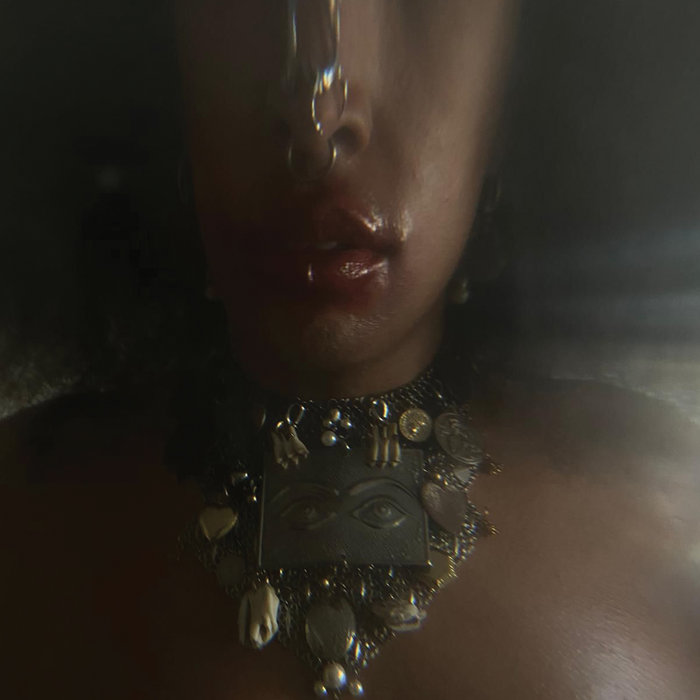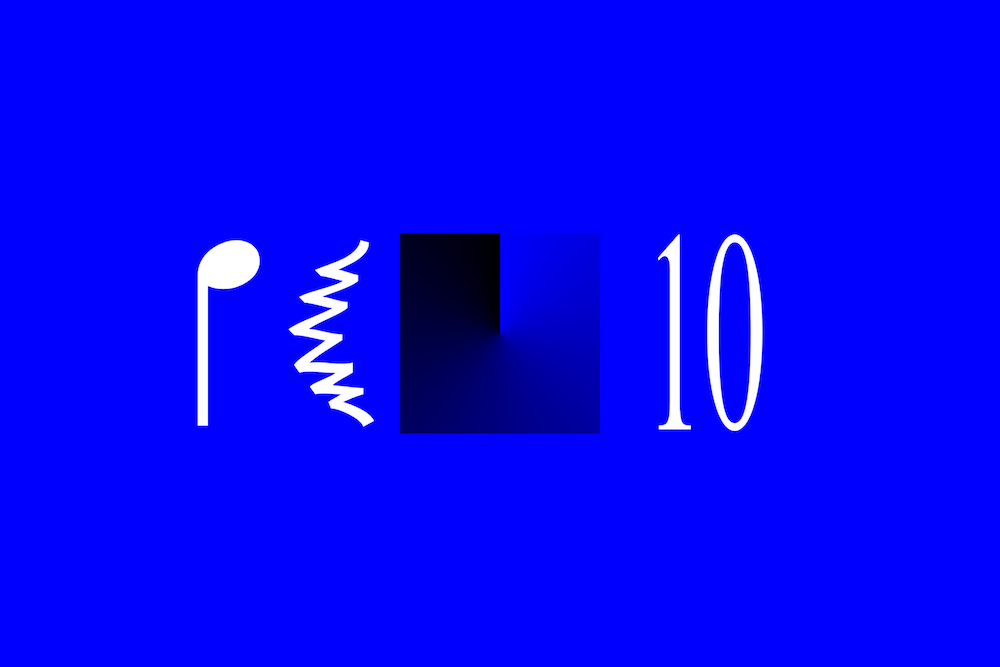Iceboy Violet – The Vanity Project
In 2005, grime pioneer Wiley explained his music to Spin magazine. “Everyone’s so angry at the world and each other. And they don’t know why.” Rage is at the core of grime. Born in the early 2000s post DnB and UKG, grime is the pulverising, aggressive love child of jungle, dancehall and hip-hop. Rants of honest and rage soaked spoken word spat like venom over distorted, heavy bass and syncopated breaks that punctuates the unease that is central to the form. It’s a historically male led form. The tradition of grime has been masculine angst, with the genre arising as a way for Britain’s frustrated and disenfranchised young men of colour to voice their anger and pain. In that Spin interview, no one had coined the term “grime” just yet. Wiley instead referred to his music as “eskibeat,” emphasising the iciness and emotional origin of his sound. Manchester’s Iceboy Violet doesn’t call their music grime either, but they do relate to the “iciness” Wiley was speaking of. Instead, their “raw honest monologues” are said to create a sound that is “deep, brooding, and broad.” And while they might not have set out to make a grime record per-se, arguably that’s exactly what they have done on their excellent debut mixtape, The Vanity Project. Together with an army of some of the foremost provocateurs and experimentalists currently working in post-club and left-field electronic music, Iceboy Violet reinvents (or perhaps, rediscovers) the codes of grime in their own image.
It’s a striking endeavour. A form that is intrinsic with distinctly masculine overtones (think The Bug), on The Vanity Project Violet filters the elements of grime through an inherently queer lens. Whether intentional or not, The Vanity Project finds the intersections between grime and current queer electronic music styles that, like grime, are born from spaces of frustration and isolation. With the likes of Slikback and Exploited Body, each producer on the The Vanity Project is connected to the theory of grime by way of their personal practice and subject matter. As such, what follows is synthesis of hard edged electronic styles that swing from brooding to violent. Previously released single Vanity, with its trap leaning beat and Kanye West inspired outro, is the most straightforward track on The Vanity Project and doesn’t begin to explain the sound of the EP. Opening track Urban Ambience is produced by Space Afrika, who bring their abstract soundscapes toward more beat-oriented territory, creating a looping backdrop that maintains their collage approach while working in service of Violet’s bars. Moments, such as an actual dog barking after the line “if you’re barking” are quintessential Space Afrika, touches of brilliance that keep their “beat” indistinct and amorphous even when having to find a pattern for Violet to rap over.
Download and stream The Vanity Project here
Slikback is responsible for the sound behind Antiskeptic, and he creates a monstrous noise-jungle hybrid for Violet, full of hulking, distorted bass and tangles of industrial dissonance but keeps things from crossing over into manic chaos. Lilith closely resembles SOPHIE’s dalliances with hip-hop, with a sparse and minimal beat made up of passages of booming bass and rubbery synths as opposed to traditional percussion. Together with featured artists Blackhaine, Daemon, and Orlandor, Lillith is the most future focussed grime may have ever sounded. Helsinki’s Exploited Body provides one of the mixtape’s hardest backdrop on DEATHDRIVE, intensified by Violet’s near desperate screams of “I will survive.” Atone//Blankface meanwhile, tears itself apart slowly and deliberately, slithering along with Violet’s processed and slowed vocals and a beat from aya as LOFT that feels bulbous and amoeba like, constantly sloughing and reforming parts of itself as it saunters forward.
Violet’s delivery across The Vanity Project is commendable. There are more than a few brilliant moments during which their impassioned and often outraged delivery marries the tone of the soundscape around them. With such intense beats underscoring them, there’s never a point where the two compete for dominance. They play with shades of rage, rather than painting everything in the same tone of burning, hot red. It’s a fascinating and truly exciting listen, an unexpected pushing of the boundaries of a form that has come to be regarded as the voice of contemporary British masculinity. Violet shows that those feelings of disillusionment, frustration, and desolation are not singular to the cis-masculine experience. They share the same rage. It’s just that when manifested into sound, theirs is a little more abstract, less distinct. Queer rage, as The Vanity Project suggests, is wildly complex, non-linear, and sometimes straight up chaotic.
Listen to Lillith featuring Blackhaine, Daemon, and Orlandor from The Vanity Project below.
Follow Iceboy Violet
Facebook | Twitter | Instagram | SoundCloud



